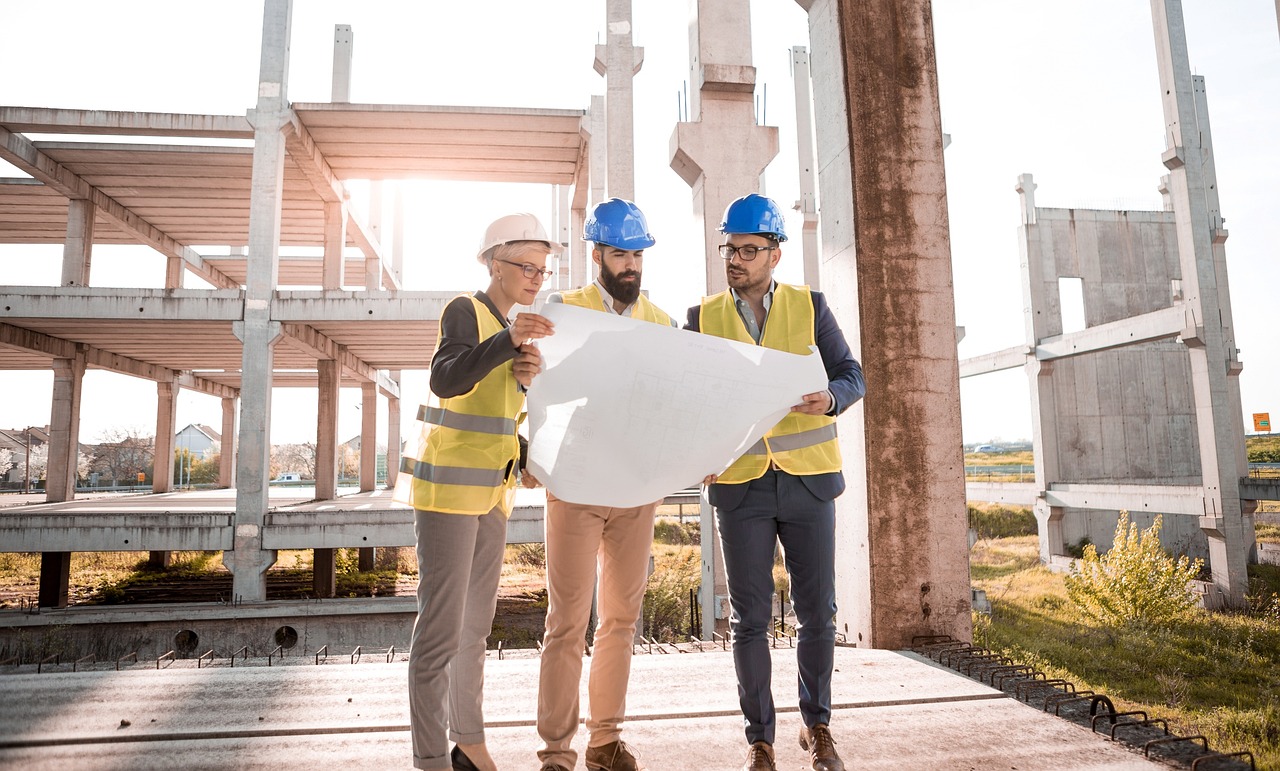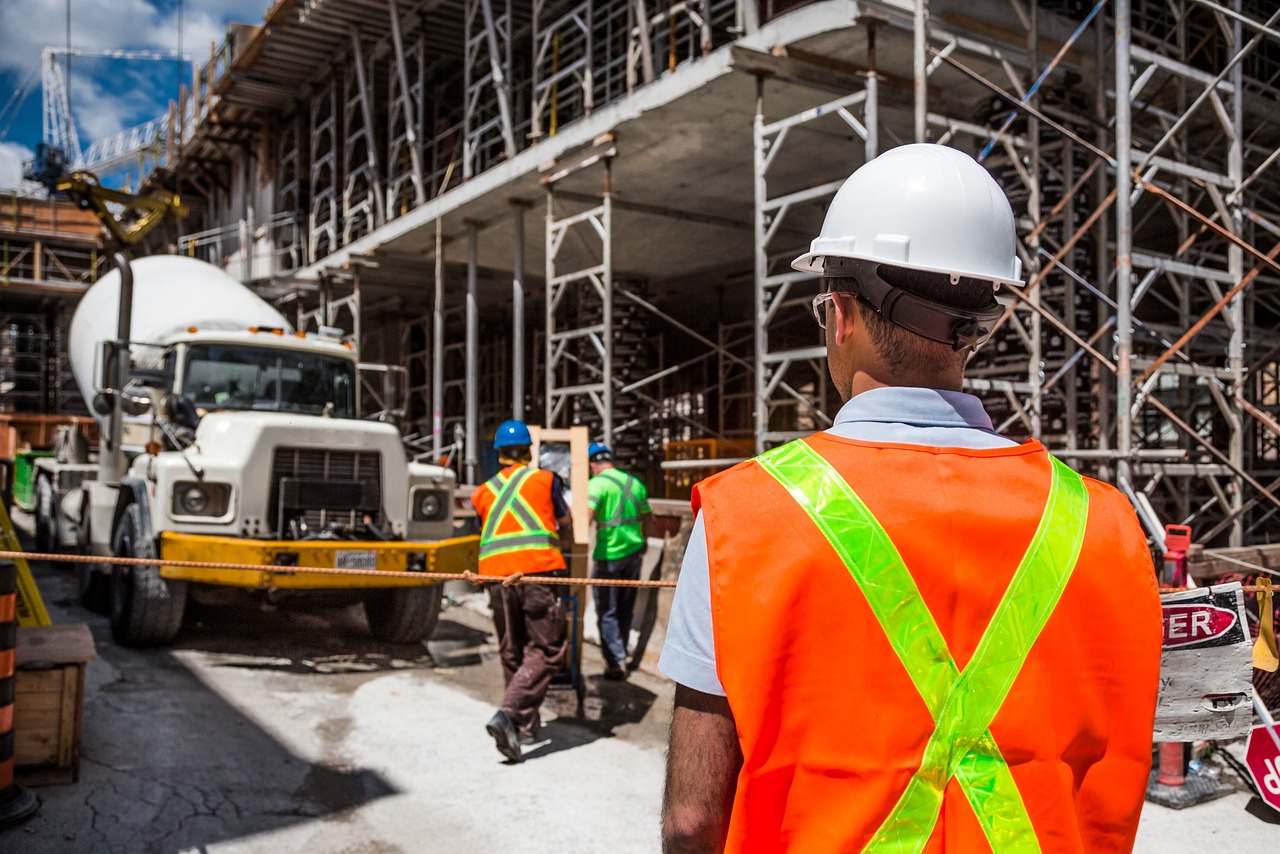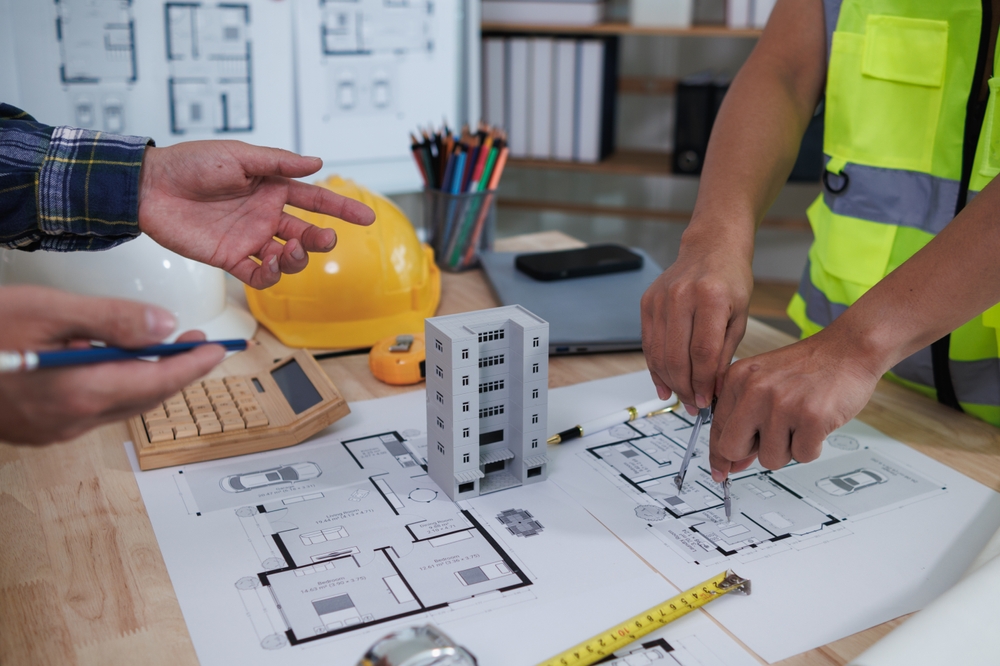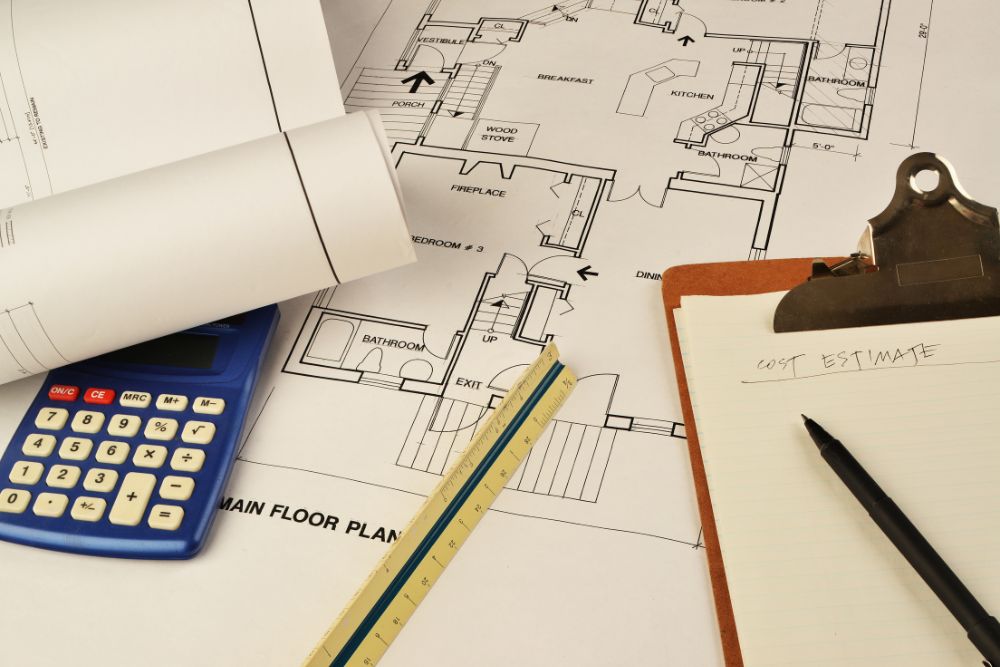Planning to add a garage to your home? You’re not alone. According to the National Association of Home Builders, more than 60% of new houses in the U.S. include a two-car garage, showing how common this feature has become. A garage is more than just a place to park your car. It keeps your vehicle safe from sun, rain, and snow, gives you extra room for tools and storage, and can even be used as a small workshop or hobby space. It may also raise the value of your home when you decide to sell.
But the main question homeowners ask is: “How much does it cost to build a garage?” The answer depends on many things, such as the size, location, materials, and the type of finish you choose. In this guide, we’ll explain the average cost per square foot for one-, two-, and three-car garages and walk you through the key factors that affect your budget.
Cost per Square Foot to Build a Garage
On average, building a garage costs about $50 per square foot. This includes both labor and materials. Simple attached garages can cost around $30 per square foot, while detached garages with extra features can go up to $120 per square foot.
Here is the average cost by garage size:
Garage Size | Average Cost |
12×20 ft | $7,100 – $28,900 |
18×20 ft | $10,000 – $44,000 |
20×20 ft | $11,500 – $48,500 |
20×22 ft | $13,100 – $52,900 |
22×22 ft | $14,400 – $58,000 |
32×22 ft | $21,000 – $84,000 |
32×34 ft | $23,500 – $92,500 |
The larger the garage and the more features you add, the higher the cost. This table helps you plan your budget before you start building.
Key Factors That Affect Garage Cost
When building a garage, the total cost is usually split between materials and labor. Materials account for about 30%–50% of the cost, while labor makes up 50%–70%.
1. Size
The size of your garage affects the price. Here’s a general idea for standard layouts:
- One-car garage: $10,500 – $27,000 (average around $20,000). Costs can go up to $32,000 with extra storage or workstations.
- Two-car garage: $14,500 – $40,300 (average around $30,000). Prices vary with materials, location, and add-ons.
- Three-car garage: $28,200 – $57,100 (average around $40,500). Extra features or custom designs can increase the cost.
Garages for RVs (about 40 feet deep) can cost between $36,000 and $140,000 before any extra features.
2. Attached vs. Detached
Attached garages are usually cheaper, costing around $30 per square foot, while detached garages range from $40 to $70 per square foot. Attached garages share walls, plumbing, and electricity with the house, which lowers costs. Detached garages need a full, separate foundation and walls, making them more expensive.
3. Location
Labor costs depend on your area. High living costs or remote locations can increase prices. If your garage needs special work—like bricklaying, plumbing, or electrical work—labor costs go up. Pre-building fees like drafting or architectural plans usually add 8%–15% to the total.
4. Materials
Materials make up 30%–50% of the cost. Detached garages need more materials than attached ones because they require four walls instead of using part of the house. Common choices include:
Material | Cost per Square Foot |
Brick | $30–$45 |
Brick-Veneered | $5–$30 |
Cinderblock | $30–$65 |
Metal | $15–$35 |
Stick-Built Wood | $40–$70 |
Prefab Pole Barn | $40–$85 |
5. Foundation
A concrete slab costs $6–$12 per square foot, with total foundation costs from $2,000 to $7,000 depending on garage size.
6. Roof
Roofing costs range from $4–$11 per square foot. For example, a 360 sq. ft. two-car garage roof can cost $1,400–$4,000. Gutters add $4–$40 per linear foot, depending on material and shape.
7. Permits
Local permits are required before construction starts. Expect to pay $1,200–$1,500 for a typical garage project.
Garage Installer Costs
Labor is one of the biggest parts of building a garage, usually making up 50% to 70% of the total cost. This is because building a garage requires skill, proper tools, and experience to do it safely and correctly.
On average, labor costs range from $20 to $50 per square foot, but prices can vary depending on your area and the contractor you hire.
Garage professionals can also handle extra projects that add to the cost, such as:
- Adding a garage heater: around $2,100
- Insulating the garage: around $4,700
- Installing drywall: around $1,100
- Adding storage cabinets: around $1,300
Planning for labor and these common add-ons helps you budget more accurately and avoid surprises during construction.
 Garage Maintenance and Add-On Costs
Garage Maintenance and Add-On Costs
Owning a garage comes with ongoing costs, similar to caring for the outside of your home. Here are some key expenses to consider:
1. Maintenance Costs
Once your garage is built, it’s important to plan for ongoing care and maintenance to keep it in good condition and protect your investment.
- Siding Repairs: Fixing or replacing garage siding can cost $2 to $50 per square foot.
- Garage Door Repairs: Small issues may cost $150–$375, depending on the door type and problem. Bigger repairs, like panel replacement, cost more. Always hire a local professional for major repairs.
- Electricity: A typical garage door opener uses around 0.03–0.1 kWh per day. At an average rate of $0.17 per kWh, this equals roughly $2–$6 per year.
2. Popular Garage Upgrades
If you want a more functional or comfortable garage, these features are common:
- Windows: Installing windows costs $300–$2,500 each. Aluminum is cheaper but less energy-efficient, while fiberglass is long-lasting but more expensive.
- Automatic Doors: A motorized garage door adds $220–$520, and auto-locking features can cost an extra $100–$300.
- Insulation: Adding insulation improves comfort and saves energy. Expect $1,900–$7,700, with an average of $4,700. Doing this during construction is cheaper than retrofitting later.
- Storage & Cabinets: Garage cabinets cost $500–$2,200, depending on size and design. DIY options can save money if you are handy.
- Security: Alarms, cameras, and lights cost $300–$1,200. A full camera setup can cost $600–$2,000, plus monitoring fees of $10–$65 per month.
DIY vs. Hiring a Professional
When building a garage, you have two main options: do it yourself (DIY) or hire a professional. Each choice has its pros and cons.
DIY Garage Construction
Taking on the project yourself can save money, but it requires careful planning and effort. Here’s what to keep in mind:
- Cost Savings: You can save money on labor, which is often 50–70% of the total cost.
- Flexibility: You can work at your own pace and make changes as you go.
- Challenges: Building a garage requires skill, proper tools, and knowledge of local building codes. Mistakes can be expensive to fix.
Hiring a Professional
Working with a professional means paying more, but it ensures the job is done correctly. Consider these points:
- Experience and Safety: Professionals have the skills, tools, and experience to build the garage correctly and safely.
- Time-Saving: They can complete the project faster than DIY.
- Permits and Inspections: Professionals handle permits, inspections, and local regulations, reducing the risk of legal issues.
- Cost: Hiring a pro is more expensive but ensures quality and less stress.
In short, DIY can save money if you have the skills and time. Hiring a professional costs more but provides expertise, speed, and peace of mind.
How to Save Money on Garage Construction?
Building a garage can be expensive, but there are ways to keep costs under control:
- Choose an Attached Garage: Attached garages are cheaper because they share walls and utilities with your house.
- Keep the Design Simple: Avoid complex shapes or extra rooms. A basic rectangular design costs less.
- Use Affordable Materials: Vinyl siding, asphalt roofing, and wood framing are cheaper than brick, metal, or custom materials.
- Plan Ahead: Get accurate measurements, materials, and labor estimates to avoid costly mistakes.
- Combine Projects: If you’re building a house or doing other construction, add the garage at the same time to save on labor and materials.
- DIY Some Work: If you have skills, you can do small tasks like painting, storage installation, or landscaping to reduce costs.
FAQs
Does Building a Garage Increase Home Value?
Yes, building a garage can increase your home’s value. It provides secure parking, extra storage, and protection from the weather. Larger, attached garages with upgrades like insulation, finished floors, or automatic doors add the most appeal to buyers.
How long does it take to build a garage?
Building a standard garage usually takes 2–6 weeks, depending on size, materials, weather, and complexity of the project. Custom garages may take longer.
Do I need a permit to build a garage?
Yes. Most cities and towns require building permits before construction. Permits usually cost $1,200–$1,500 and ensure the structure meets safety and zoning regulations..
What type of flooring is best for a garage?
Concrete is the most common and durable option. You can also add epoxy coating or rubber mats for easier cleaning, better traction, and protection against spills.
How do I protect my garage from water damage?
Ensure proper drainage around the foundation, install gutters, and seal any cracks in the slab. Adding a slight slope to the floor helps water flow away from the garage.
Conclusion
Adding a garage to your home is a smart investment. It provides secure parking, protects your vehicles from the weather, offers extra storage, and can even increase your home’s resale value. The total cost depends on factors like size, materials, labor, and any upgrades or custom features you choose. Whether you prefer a simple attached garage or a larger detached space with insulation, cabinets, and automatic doors, planning ahead can help you stay within budget.
At Prime Estimation, we understand how important it is to get accurate cost estimates for your garage project. Our team of experts can help you calculate material and labor costs, consider hidden expenses, and plan every detail efficiently. Contact Prime Estimation today to make your garage project smooth, affordable, and stress-free.

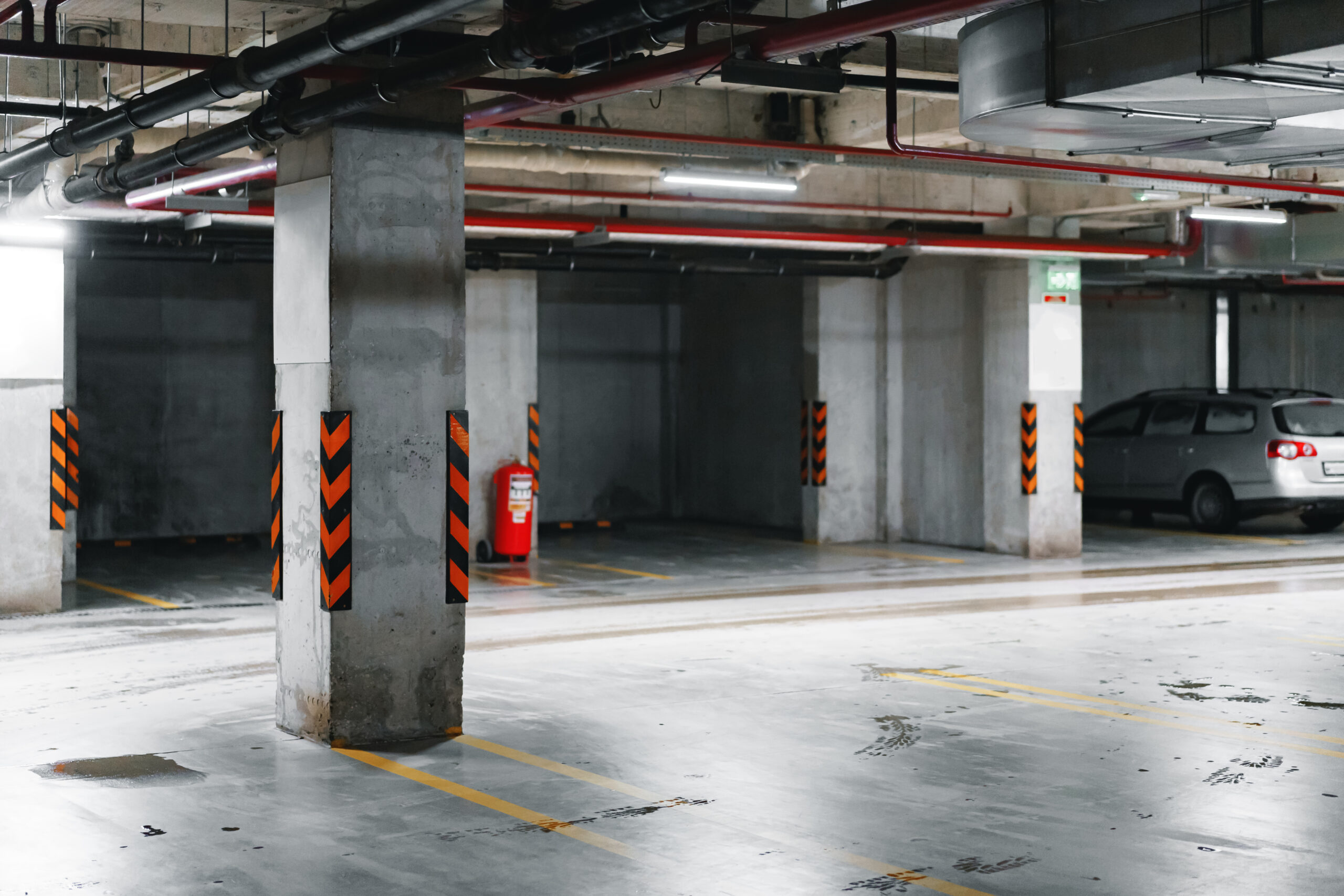
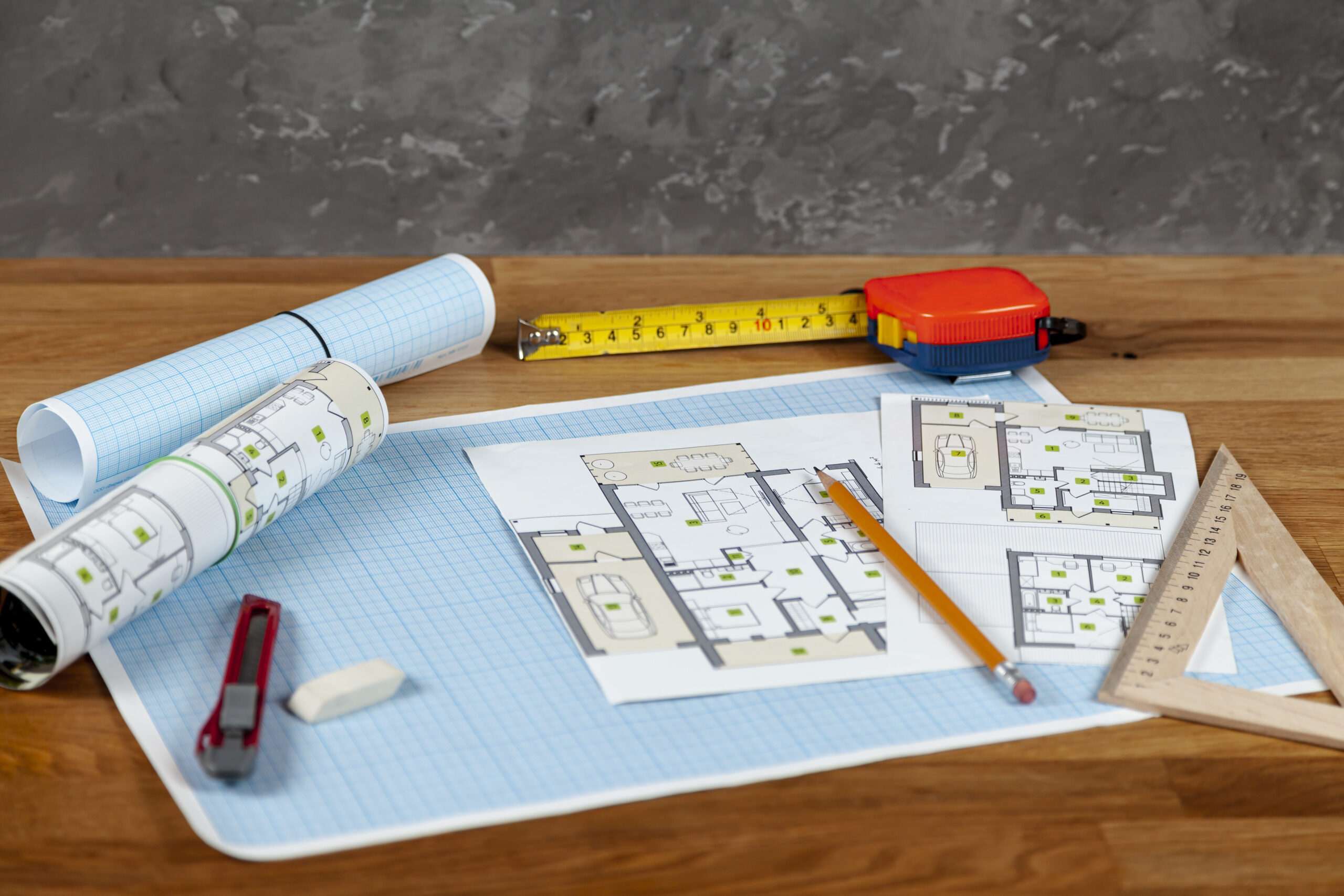 Garage Maintenance and Add-On Costs
Garage Maintenance and Add-On Costs